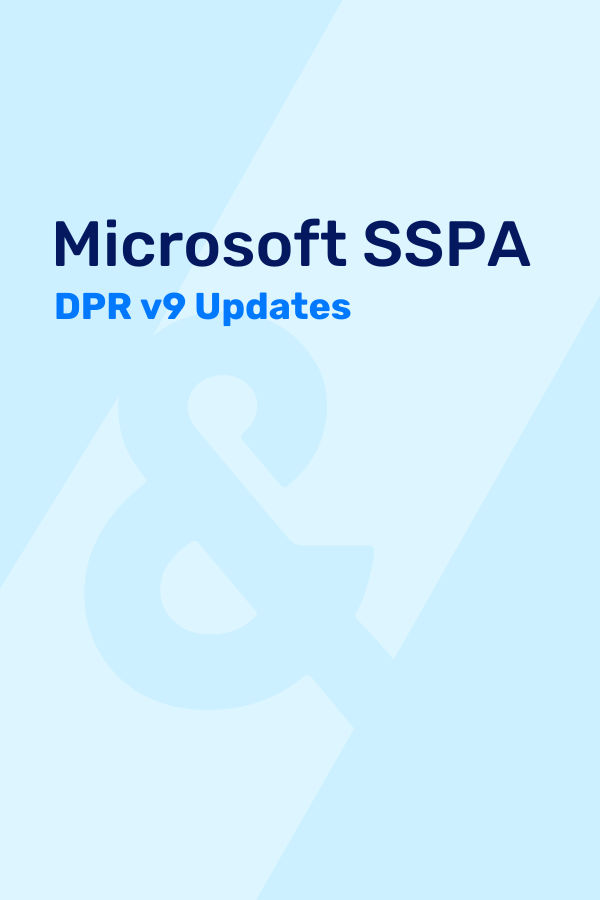Authored by Stacy Gretz, CPA | Principal, SC&H Financial Advisors, Inc.
For most people, ensuring that your worldly assets get dispersed in the manner that you desire after you pass away is an important decision and essential component in your comprehensive financial plan. However, there are some intricacies within the estate planning process that can bring this process to a halt for many individuals. By establishing a well-crafted estate plan, you will ensure the quick and smooth dispersal of your assets, making it easier for your heirs and loved ones to focus on grieving and healing rather than trying to piece together the allocation of your finances.
Estate Planning Documents
To create a complete estate plan, you will need the following documents:
- Will – This document will dictate where your assets will go upon your passing, who the representative of your estate will be, and who the appointed guardian of your dependents will be if you have minor children. No other legal document can do this. It will also guide your physical, digital, and financial assets through the probate process and provide a clear title to heirs. Note: Your Will only directs the disposition of assets that are titled in your name alone. If an asset is titled jointly or has a beneficiary designation, those assets will not go through the probate process or be distributed by the terms of the Will.
- Durable Power of Attorney – This document will bestow the legal ability of the person you name to manage your legal and financial affairs if you become mentally or physically incapacitated.
- Healthcare Power of Attorney – This document will bestow the legal ability of the person you name to make medical decisions on your behalf if you become mentally or physically incapacitated.
- Living Will – This document outlines the medical conditions under which you would wish to be taken off life support.
- Revocable Living Trust – This document is not necessary for all estate plans, but if you have substantial physical or intangible assets that you plan to pass on to heirs, having a trust will vastly streamline the distribution process. All assets that you title in the name of the trust are automatically exempt from the probate process.
- Letter of Intent – This will be useful information for your loved ones upon your passing. This document could include burial and funeral wishes, allocation of how much of your finances you want to go toward your children’s college or travel, etc.
Ensure that your family is aware that these documents exist, knows where they are, and can access them during a crisis or after your passing. These important documents are of no value if they are locked away in your safe and no one in your family knows they are there.
Considerations for Your Physical and Digital Assets
We also recommend keeping an inventory of your physical, digital, and intangible assets. These assets are possessions of significant financial or emotional value and could include real estate, vehicles, savings accounts, checking accounts, credit card points, accumulated airline miles, social media accounts, and more. This will ease the process of getting access to your information and learning the valuation of your property.
Physical Assets
- Track your personal property (any asset of value: antiques, firearms, vehicles, etc.) and assign approximate value of each asset and titling.
- Print out this list, along with your bank account information, for easy access by your family members, and keep it in a secure location with your will.
Digital Assets
- This includes any online asset of value, including credit card rewards, airline miles, store credits, etc.
- When it comes to your online presence, like email or social media, some websites will allow you to assign a person as a trusted contact. The trusted contact will then be able to access your account upon your passing.
Determine the Right Path for You
Dependent on your unique situation and financial plan, many individuals consider undergoing the probate process and/or setting up a revocable living trust. Both have their own advantages and disadvantages that should be considered when estate planning. Talk through these processes with your financial advisor to uncover how the cost, time, privacy, and security of the probate process and the revocable living trust factor into your decision.
The Time for Action Is Now
Creating an estate plan should be a top priority for you if you have physical, digital, or intangible assets that are not currently prepared for distribution to your loved ones in the occurrence of your passing. With this key part of your comprehensive financial plan in place, you can have peace of mind knowing that your assets will be properly allocated according to your wishes.
Here at SC&H Financial Advisors, we can help you determine which assets you want to pass to whom and under what circumstances, work with attorneys to help finalize every part of the process, and help you minimize your estate tax bill if the value of your estate exceeds a certain threshold. Reach out today to start a conversation with one of our financial advisors.





